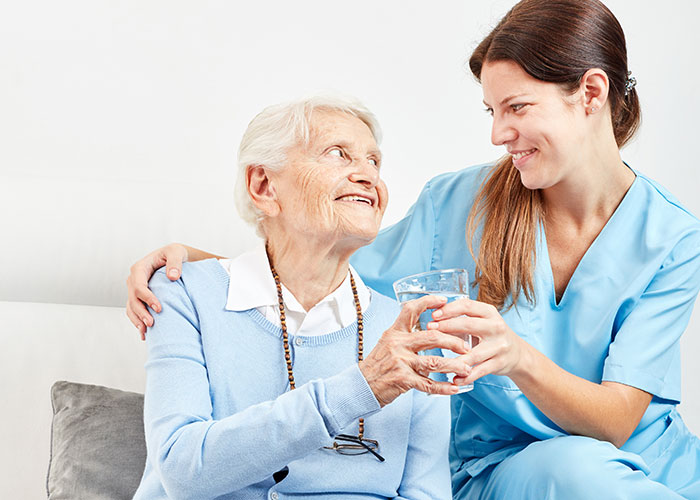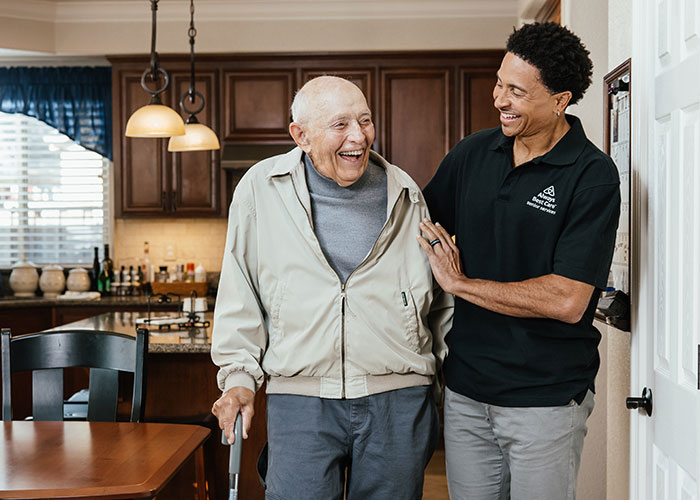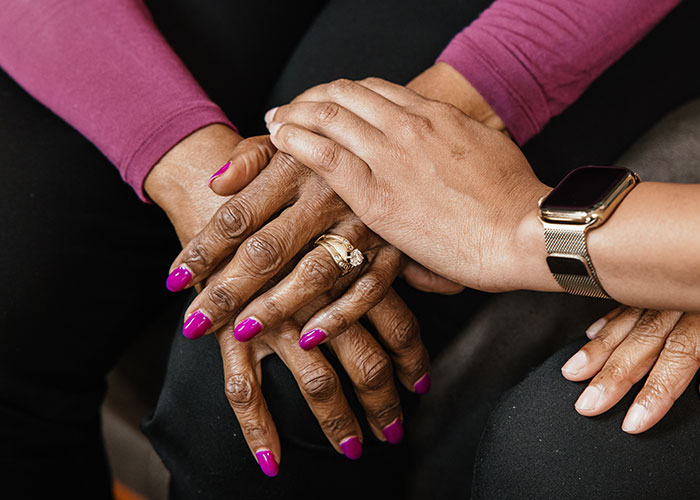Hydration and Healthy Aging: Why Seniors Need to Drink More Water

Staying properly hydrated is important for everyone—but it’s especially critical for seniors. As we age, our bodies experience natural changes that can increase the risk of dehydration. Yet many older adults simply don’t drink enough water each day. National Hydration Day, recognized on June 23rd, is the perfect opportunity to raise awareness of this issue and encourage better hydration habits.
Whether due to a decreased sense of thirst, certain medications, or mobility challenges, seniors are often more vulnerable to the effects of dehydration. Understanding why water is so vital can help families and caregivers support older loved ones in staying healthy, alert, and energized.
The Role of Hydration in Senior Health
Water makes up more than half of the human body and plays a role in nearly every bodily function. For seniors, maintaining proper hydration is essential for several key reasons:
Energy Levels
Even mild dehydration can lead to fatigue and weakness. Older adults may already experience lower energy due to age-related changes, so a lack of fluids can make them feel even more sluggish. Proper hydration helps the body maintain blood volume and transport oxygen more efficiently, which supports stamina and physical activity.
Cognitive Function
Dehydration can affect mental clarity, concentration, and memory. For seniors—especially those living with cognitive decline or dementia—insufficient fluid intake may contribute to increased confusion or disorientation. Drinking enough water supports brain function and helps maintain a clearer, more focused mind.
Digestive Health
Water is crucial for proper digestion and preventing constipation, which is a common concern among older adults. Fluids help soften stool and move it through the digestive tract. Without enough water, digestion slows down, leading to discomfort and other issues that can impact appetite and nutritional health.
Joint and Muscle Function
Hydration supports the health of muscles and joints by keeping tissues lubricated. Seniors who stay hydrated may experience less stiffness and joint discomfort, helping them stay more active and mobile.
Overall Well-Being
From regulating body temperature to flushing out toxins, water is essential for keeping the body balanced. Proper hydration can also help support immune function, skin elasticity, and kidney health—areas that tend to weaken with age.
Tips for Encouraging Better Hydration
If your loved one struggles to drink enough water, there are small but effective steps you can take:
- Offer a variety of hydrating options such as herbal teas, milk, broth-based soups, or infused water with fruits and herbs.
- Encourage water-rich foods like watermelon, cucumber, oranges, and strawberries.
- Set gentle reminders to sip water throughout the day, especially with meals or medications.
- Use fun or easy-to-hold cups and water bottles to make hydration more appealing and accessible.
- Monitor urine color—pale yellow typically indicates proper hydration, while darker urine may signal a need for more fluids.
Support from an In-Home Caregiver
If staying hydrated is a concern for your aging loved one, in-home care services from Always Best Care can make a difference. A professional caregiver can assist with meal preparation, offer regular hydration reminders, and monitor signs of dehydration. They can also help address barriers such as difficulty using the bathroom or managing medications that may affect fluid levels.
Make Hydration a Daily Priority
Keeping your loved one hydrated is a simple but powerful way to promote their health, safety, and quality of life. This National Hydration Day (as well as every day for that matter), take a moment to evaluate how much water your senior family member is drinking and look for ways to support healthy hydration habits year-round.
Need Extra Support from Always Best Care
An in-home caregiver from Always Best Care can help ensure your loved one stays well-nourished and hydrated while living comfortably at home. Contact Always Best Care at (855) 470-2273 to schedule a care consultation and learn more about how we can support your family.





